MachineLearning
Latest

Embark’s self-driving semi completes trip from California to Florida
Last year, autonomous trucking company Embark announced that it would begin using its Level 2 autonomous semis to deliver refrigerators from Texas to California. Now, TechCrunch reports, the company has taken it a step further as one of its trucks has now completed a 2,400 mile trip from Los Angeles to Jacksonville, Florida. The trip took five days, which included scheduled rest breaks for the driver that was on board, and TechCrunch says that Embark's team is now assessing all of the trip's data. While there's no word yet on just how often the system required the driver to step in, those on board said that the truck went "hours at a time with no disengagements, and when they did occur they were usually only a few seconds," according to Embark CEO Alex Rodrigues.

Google flips on Pixel 2's HDR+ feature for your go-to photo apps
The Pixel 2 and Pixel 2 XL include Pixel Visual Core, Google's first custom imaging chip that allows for HDR+ quality pictures in third-party apps like Instagram and Snapchat. But Pixel 2 users haven't been able to take advantage of those capabilities because the co-processor hasn't been enabled. Well, they'll be able to soon because Google announced today that it's turning on Pixel Visual Core, bringing the HDR+ technology that's been available through the Pixel 2's main camera app to other photography, social media or camera apps.

Google is using AI to predict flight delays
Flight delay alerts are helpful, but they usually depend on airlines notifying you in a timely fashion... and they're not always quick on the draw. Google, however, is happy to fill that gap. It's updating its Flights feature with not only explanations for delays, but predictions. Its machine learning system will use historic flight status info to forecast delays, and flags them when there's at least an 80 percent confidence the prediction will come true. The company stresses that you should still show up on time (you don't want to miss a flight due to pessimism), but this could give you a hint of trouble before you set foot in the airport.
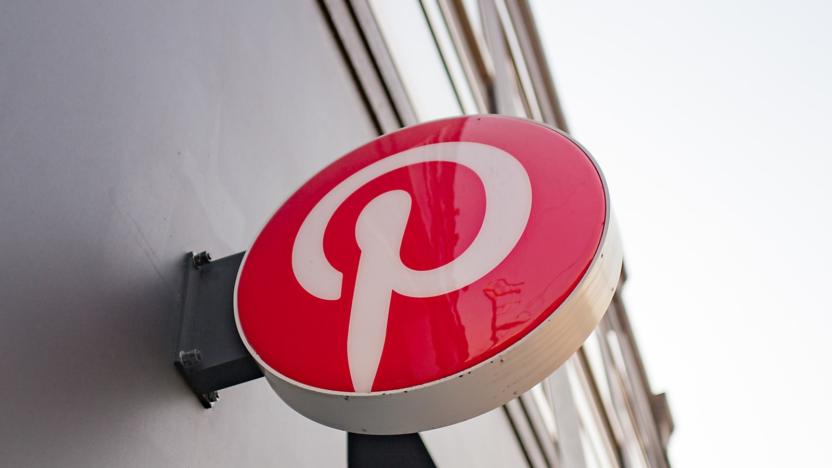
Pinterest hires Google computer vision expert to sort your Pins
Pinterest is very committed to improving its search technology through AI -- so committed, in fact, that it just hired one of the foremost experts in the field. The social network has announced that it's recruiting Chuck Rosenberg, Google's AI vision research leader, to become its Head of Computer Vision. He spent just shy of 14 years at Google and was responsible for a number of major AI-related efforts, including the first large deployment of an image-focused deep learning network.

Google trained its AI camera with help from pro photographers
When Google unveiled its $249 Clips camera back in October 2017, it was easy to question Google's motives. Lifelogging cameras weren't a new idea, nor were they particularly successful, and given the rise in smartphone imaging and video quality, it was a tough ask to let a wearable camera automatically capture important moments. With Clips expected to debut in the coming weeks, Google has penned a blog post (first detailed by The Verge) detailing how it's trained its algorithms to identify the best shots. In order to do that, its AI needed to learn from something or someone, so Google called in photography experts from various different backgrounds and supplied their model with some of the best photography available.

Alphabet enters the cybersecurity business with Chronicle
Google parent company Alphabet has a new business and it's all about cybersecurity. Chronicle is an independent business under the Alphabet umbrella and it's aimed at helping companies find, track and stop cyber attacks. With two branches -- a cybersecurity and analytics platform, as well as a malware intelligence service called VirusTotal -- Chronicle will use its massive processing power and data storage capabilities to assist businesses in retrieving information more quickly than they can on their own as well as spot patterns based on years of data. "Add in some machine learning and better search capabilities, and we think we'll be able to help organizations see their full security picture in much higher fidelity than they currently can," said Chronicle CEO Stephen Gillett in a blog post.
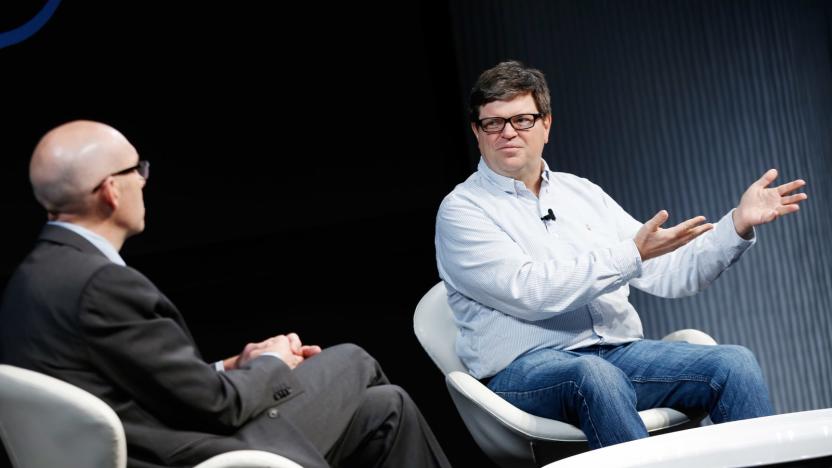
Facebook shakes up its AI research team
Yann LeCun has been the face of Facebook's AI research efforts since 2013, but you'll have to get used to some new people in the mix. An interview with LeCun at Quartz has revealed that he's stepping down from his position as part of a shakeup meant to place AI on an even higher pedestal at the company. LeCun will still be around as the chief AI scientist, but he's being replaced with IBM and BenevolentTech alumni Jérôme Pesenti, who'll take over both the research spot and the Applied Learning Group that rolls AI into products like the News Feed. The newcomer will "oversee all the AI at Facebook," LeCun said, and not just the experimental work.

IBM researchers use AI to predict risk of developing psychosis
IBM's Computational Psychiatry and Neuroimaging research team has been working on a way to use machine learning to predict the risk of developing psychosis and it just published a second study that shows AI might be a valuable tool when it comes to mental health assessment.
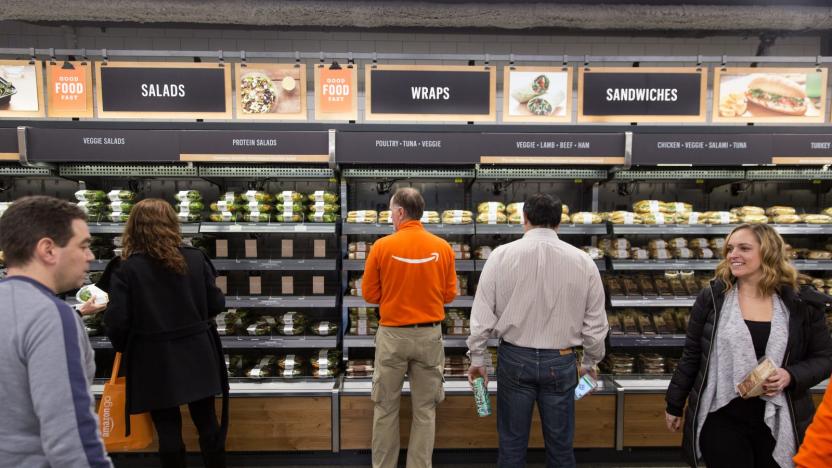
Amazon's checkout-free store opens to the public January 22nd
Amazon's bid to automate the convenience store is finally ready for the public. The company has confirmed that the Amazon Go store attached to its new Seattle headquarters will be open to non-employees on January 22nd, or more than a year later than planned. The premise remains the same. You have to scan in with a smartphone app when you enter the store, but it's largely friction-free beyond that. A computer vision AI system tracks the items you remove from the shelves, letting you walk out without talking to a cashier or using a self-checkout machine. The only staff you'll likely see are for ID checking (when buying alcohol), greeters and the kitchen.

Google tool lets you train AI without writing code
In many ways, the biggest challenge in widening the adoption of AI isn't making it better -- it's making the tech accessible to more companies. You typically need at least some programming to train a machine learning system, which rules it out for companies that can't justify a data scientist for the task. Google may have a solution: it just unveiled an alpha release of Cloud AutoML Vision, its first in a set of tools that trains AI without requiring code. This first service trains image recognition systems using a drag-and-drop interface -- you just have to load photos, tag them and start the training process.

Alibaba and Microsoft AI beat human scores on Stanford reading test
20 years ago, IBM's Deep Blue beat Garry Kasparov in a game of chess and the practice of pitting human against computer continues to this day. Google's AI was the first to beat a Go champion a couple of years back (and it continues to teach itself how to play other games, too). Now Bloomberg reports that Alibaba and Microsoft have both developed AI that scores better than humans on a Stanford University reading test.
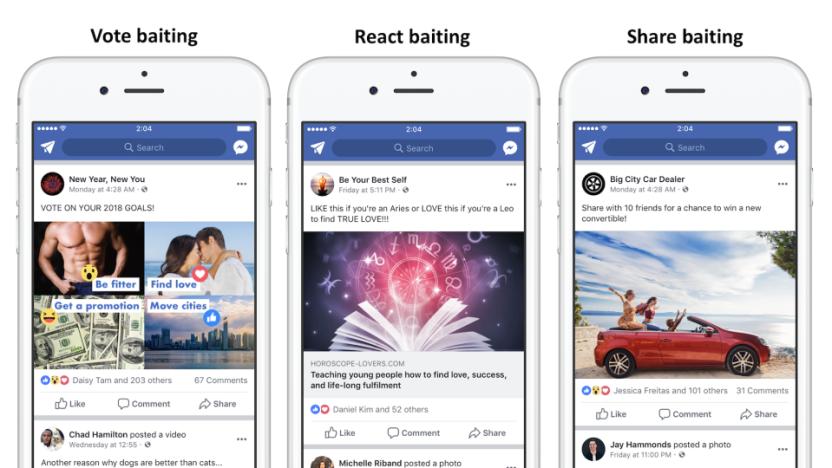
Facebook will begin demoting ‘engagement bait’ posts in News Feed
Scrolling through your Facebook News Feed, you'll probably come across posts telling you to like or comment if you share some sort of similar sentiment -- "LIKE this if you're an Aries!" -- or telling you to share it so you can earn a chance at winning a prize. Well, you might start seeing a lot less of those types of posts because Facebook is now cracking down on "engagement bait." Facebook said, "We will demote posts that go against one of our key News Feed values — authenticity...We want to reduce the spread of content that is spammy, sensational or misleading in order to promote more meaningful and authentic conversations on Facebook."
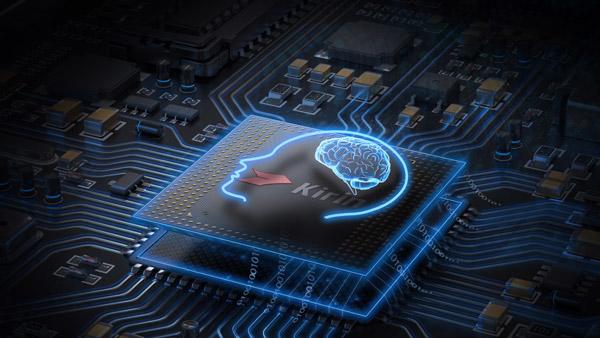
What do made-for-AI processors really do?
Tech's biggest players have fully embraced the AI revolution. Apple, Qualcomm and Huawei have made mobile chipsets that are designed to better tackle machine-learning tasks, each with a slightly different approach. Huawei launched its Kirin 970 at IFA this year, calling it the first chipset with a dedicated neural processing unit (NPU). Then, Apple unveiled the A11 Bionic chip, which powers the iPhone 8, 8 Plus and X. The A11 Bionic features a neural engine that the company says is "purpose-built for machine-learning," among other things.
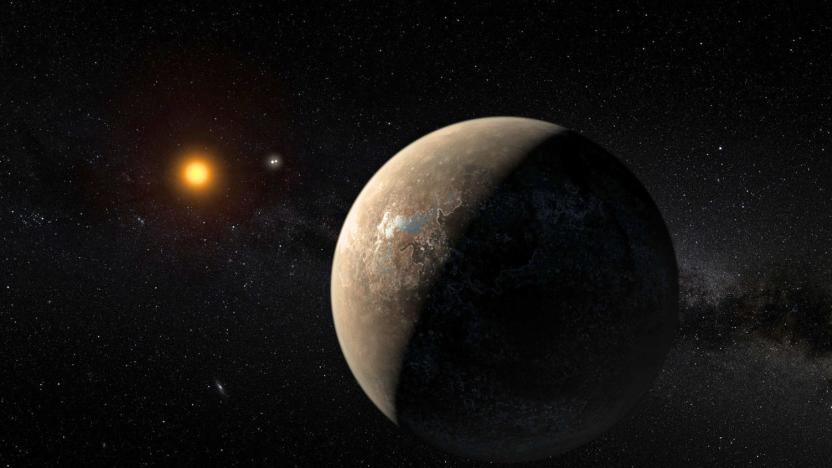
Google researchers use AI to spot distant exoplanets
Hunting for exoplanets is a very data-intensive and time-consuming task. Sifting through piles of data to find subtle signs of distant planets takes quite a lot of work, but researchers at Google have been developing a way to use AI to make the process faster and more effective.
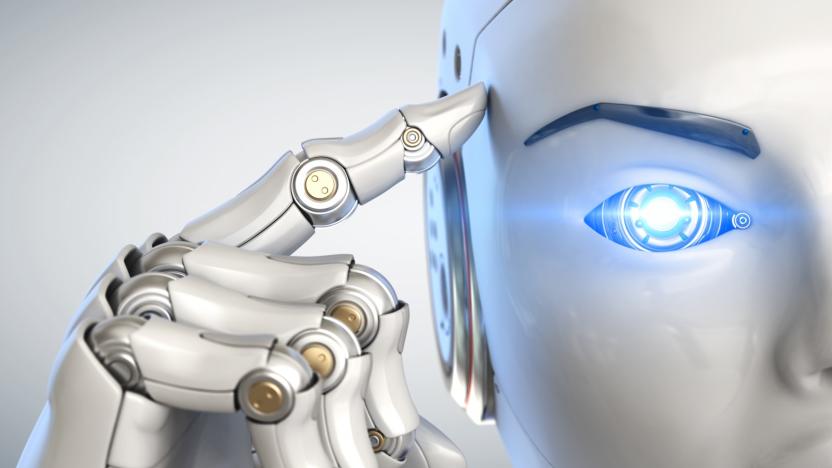
Modern copyright law can't keep pace with thinking machines
This past April, engineer Alex Reben developed and posted to YouTube, "Deeply Artificial Trees", an art piece powered by machine learning, that leveraged old Joy of Painting videos. It generate gibberish audio in the speaking style and tone of Bob Ross, the show's host. Bob Ross' estate was not amused, subsequently issuing a DMCA takedown request and having the video knocked offline until very recently. Much like Naruto, the famous selfie-snapping black crested macaque, the Trees debacle raises a number of questions of how the Copyright Act of 1976 and DMCA's Fair Use doctrine should be applied to a rapidly evolving technological culture, especially as AI and machine learning techniques approach ubiquity.
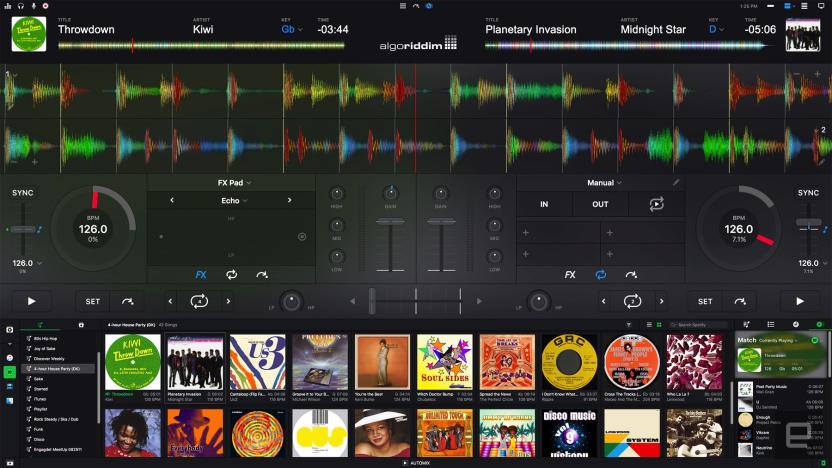
Algoriddim's djay Pro 2 adds AI for DJ cruise control
Algoriddim has been improving its DJ software consistently over the past few years for both mobile and desktop, with its most recent foray breaking ground on Microsoft's turf. Today, the company announced another step forward with an update to its Mac desktop app called djay Pro 2 (macOS 10.11 or higher). This is still a high-functioning hybrid with both music and video mixing capabilities, but new features along with various tweaks to the look and feel are welcome changes. The standout feature here is Automix AI, which leverages machine learning as part of its improved functionality. It may seem like a slight against practiced human ability, but as long as you're not trying to Paris Hilton your way through gigs, it's actually quite useful. You can let this feature take the reigns both selecting and blending tracks at small gatherings or house parties, while still being able to jump in for some mixes and giving it a nudge in the right musical direction.

Google app experiments push the limits of phone photography
Google doesn't want to limit its photographic prowess to its own phones -- it just released an initial batch of "appsperiments" that use the company's knack for computer vision and other technologies to test the boundaries of phone photography. Storyboard for Android is arguably the highlight. The app uses object recognition and style algorithms to automatically grab interesting frames from a video and drop them into comic-style layouts with appropriate filters. You could summarize an event just by recording one video, rather than remembering to take gobs of photos.

Apple AI chief reveals more progress on self-driving car tech
After remaining tight-lipped for years, Apple is now more than eager to share how much progress it's making on self-driving car technology. AI research director Ruslan Salakhutdinov made a presentation this week that revealed more of what the company's autonomous driving team has been up to. Some of the talk was familiar, but there were a few new examples of how far the fledgling project had come.

Google's AlphaGo AI can teach itself to master games like chess
Google's DeepMind team has already advanced its AlphaGo AI to dominate Go without human input, but now the system is clever enough to master other board games without intervention. Researchers have developed a more generalized system for AlphaGo Zero that can train itself to achieve "superhuman" skill in chess, Shogi (a Japanese classic) and other game types knowing only the rules, all within less than a day. It doesn't need example games or other references.
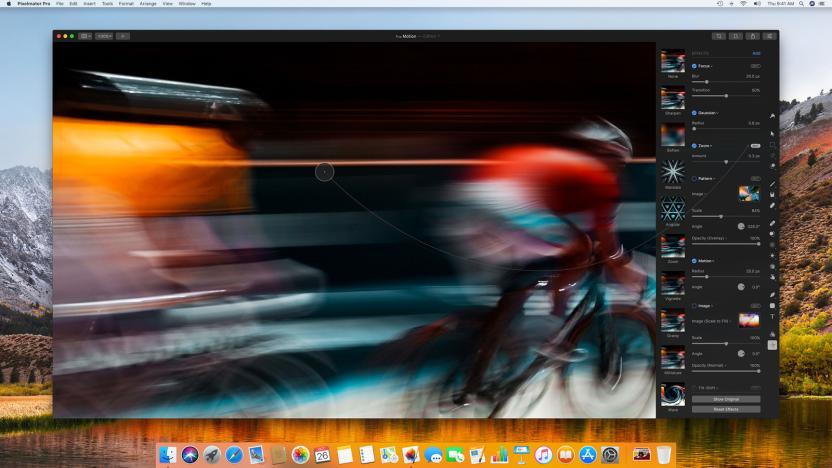
Pixelmator's AI-driven Photoshop rival is ready for your Mac
Adobe isn't the only one rolling out an AI-savvy pro image editor -- right on cue, Pixelmator has released its previously-teased Pixelmator Pro on the Mac App Store. The $60 software promises many of the tools you'd hope for in a higher-end creative package, such as RAW processing, smart layout tools, non-destructive changes and advanced effects editing, but its centerpiece is its use of machine learning. It can remove objects, snap to items, level the horizon and identify layers without the painstaking manual effort you've typically needed in the past.






